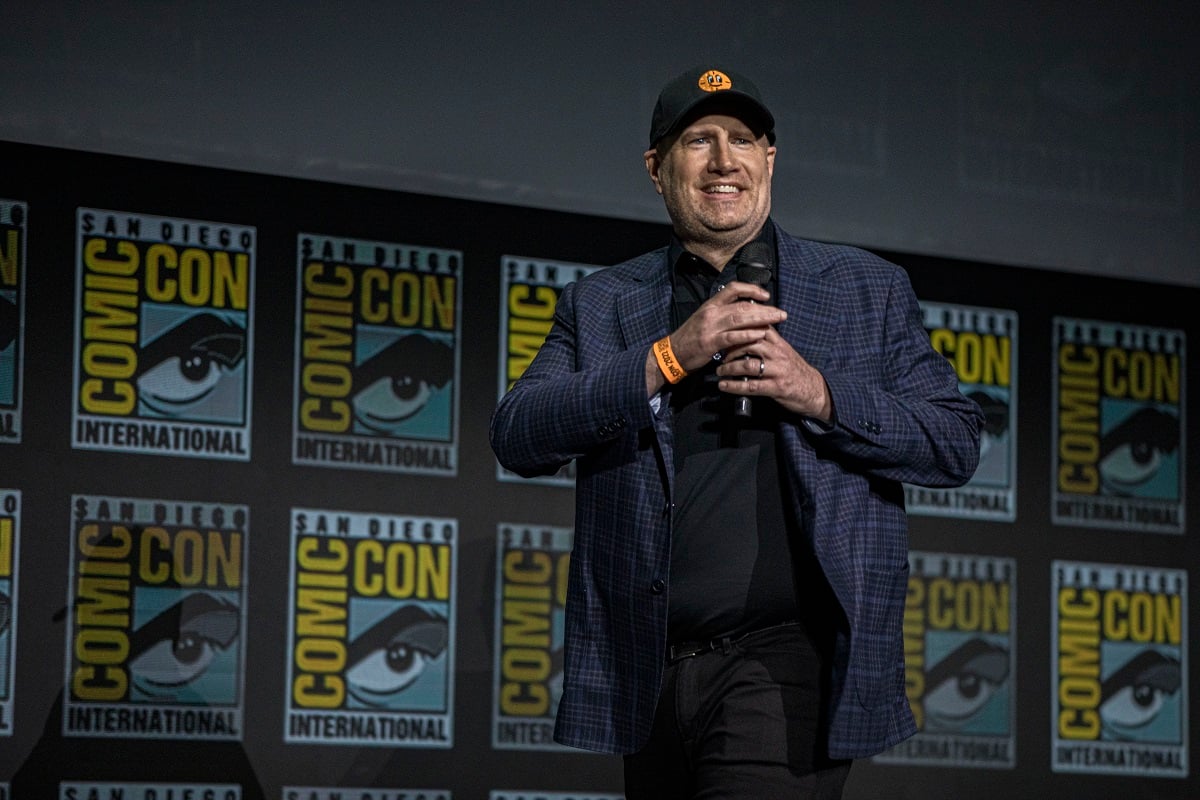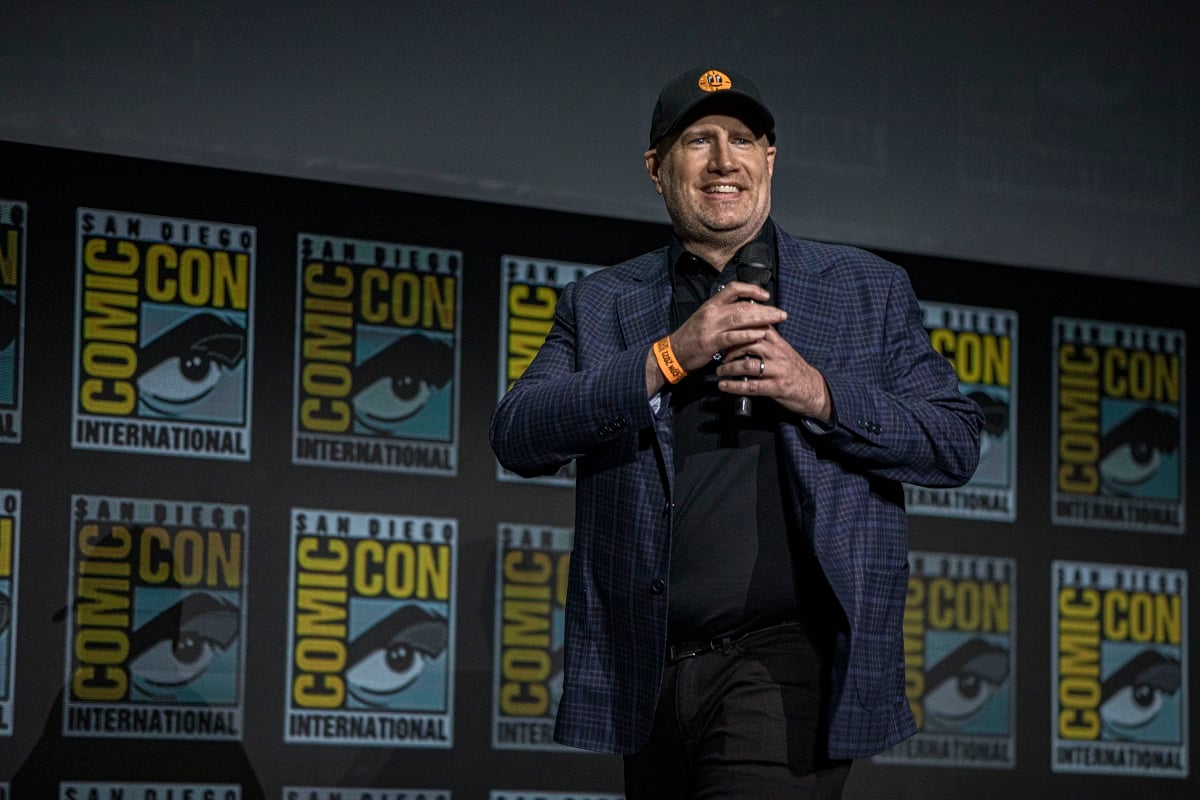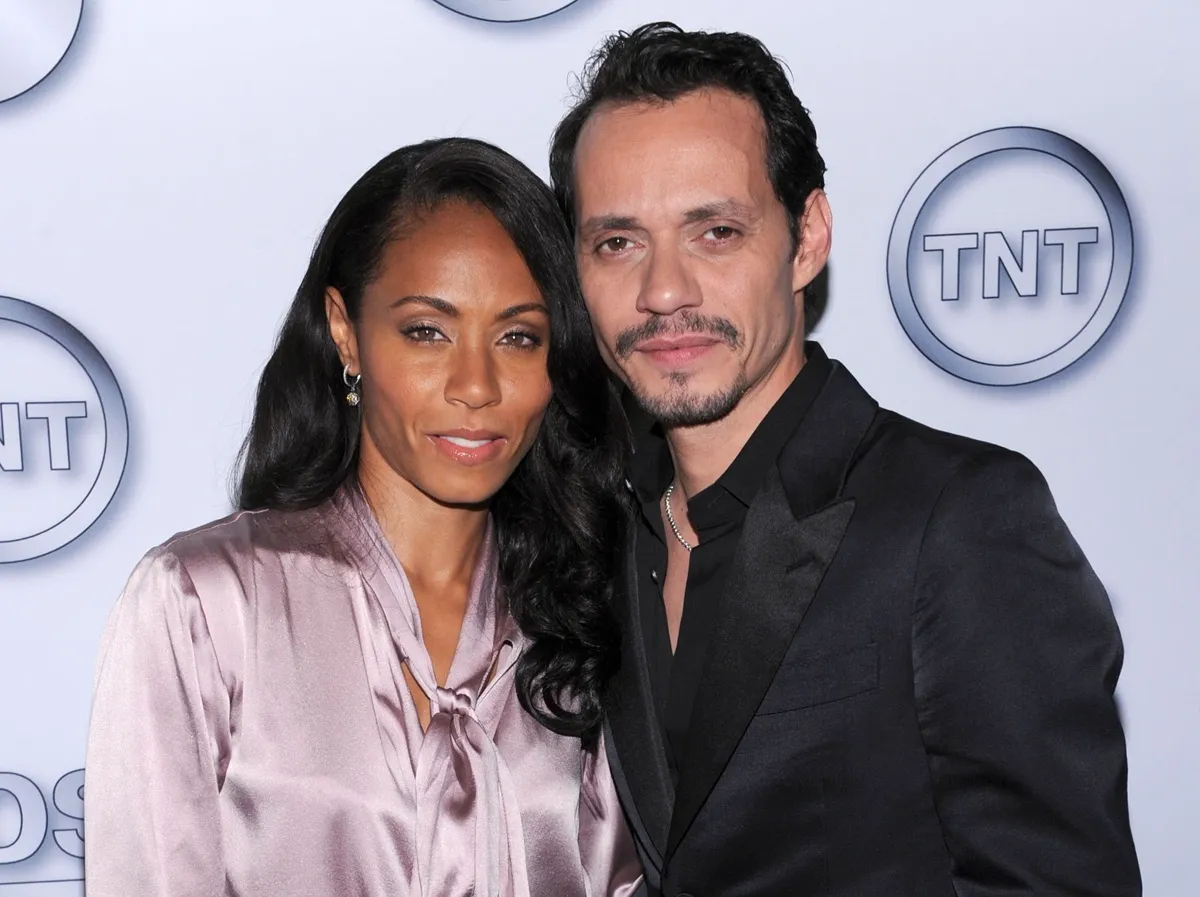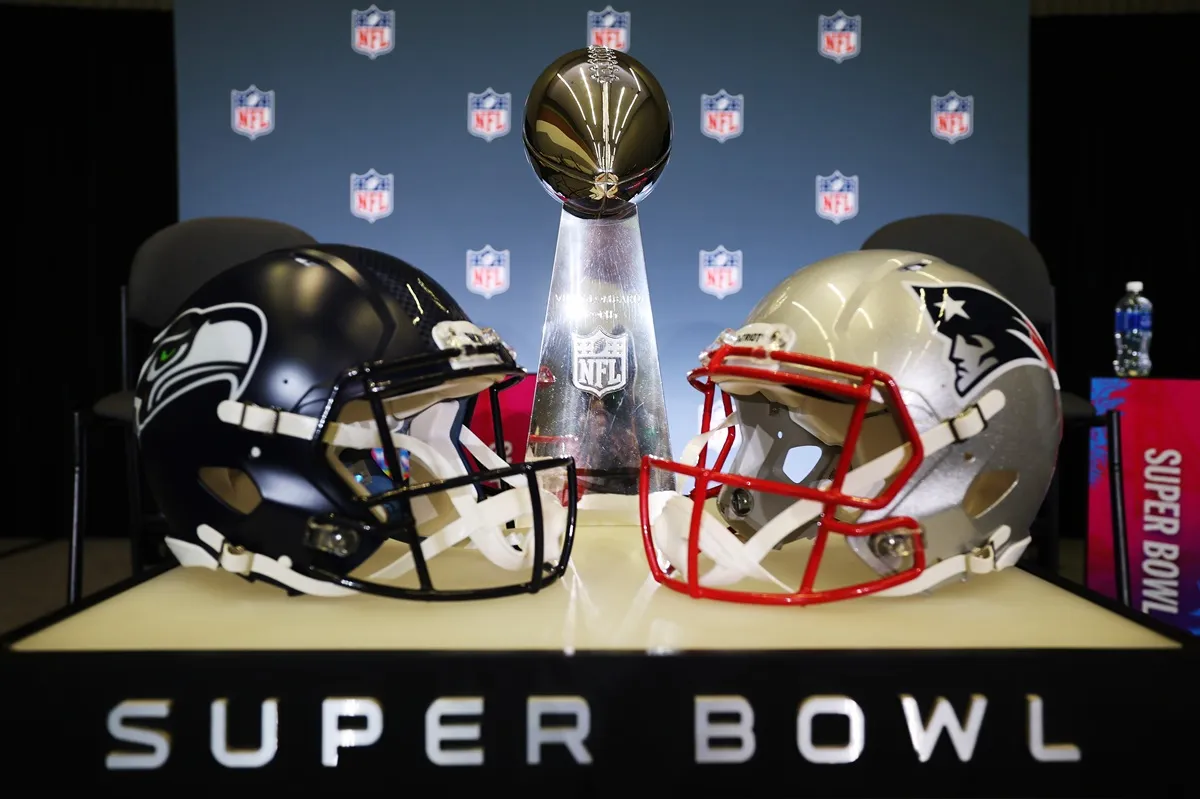
Marvel’s Kevin Feige Once Gave Advice to Other Studios Trying to Create a Shared Universe
The Marvel Cinematic Universe might not have been possible without producer Kevin Feige. But since the franchise’s success, other studios have tried emulating Feige’s formula to varying results.
So Feige once took the time to give a little advice to studios wanting to build their own universe.
How Kevin Feige thought making ‘The Avengers’ movie would be possible

In 2012, Kevin Feige took an important step in developing his cinematic universe with Marvel’s The Avengers. The film saw the producer bringing together Marvel superheroes from separate movies who would battle against a common threat. The idea of an Avengers movie came when Feige developed the first Iron Man film.
In the beginning, Feige was focused on making Iron Man as good of a film as possible — especially since it would have to compete with other more well-known superhero franchises.
“We had become Marvel Studios, so then we got our own financing to do the movies ourselves, and we were essentially an independent film studio working on a movie that we knew had to compete with Spider-Man and X-Men, and the best of the movies we’ve done with our studio partners,” Feige once said in a resurfaced interview with Shiznit. “So our only goal was: make the best Iron Man movie we can, and we had strong instincts about how to do that. And all we were working on was how to best bring Tony Stark to the masses.”
But while developing Iron Man, Feige had an epiphany regarding the film’s titular character. The producer realized he had access to several characters within the Marvel universe that he could utilize. This later led to Feige adding Clark Greg’g’s S.H.I.E.L.D. agent Coulson to the film. Coulson’s involvement would hint that Iron Man might not have been the only superhero in this universe.
Feige also saw that Samuel L. Jackson’s brief cameo as Nick Fury generated genuine interest among fans. This, coupled with the success of Iron Man, made The Avengers possible.
Kevin Feige’s advice to other studios trying to start their own shared universes
Following the MCU, other studios have tried duplicating Feige’s strategy. Universal Studios, for instance, tried to kick off its own Dark Universe with Tom Cruise’s The Mummy. Warner Bros. also tried to use their own superheroes to form the DC Extended Universe. In an interview with Vanity Fair, Feige advised other studios about building up their franchises.
“The only advice, and I’ve sort of said this already today, is don’t worry about the universe. Worry about the movie. We never set out to build a universe,” Feige said. “We set out to make a great Iron Man movie, a Hulk movie, a Thor movie, a movie, and then be able to do what, at the time, nobody else was doing: put them together. Bring that experience that hardcore comic readers have had for decades of Spider-Man swinging into the Fantastic Four headquarters, or for Hulk to suddenly come rampaging through the pages of an Iron Man comic.”
Feige also felt it was a mistake to think up a cinematic universe without laying the groundwork with good movies first.
“The notion of sitting down going, ‘Let’s build a cinematic universe,’ might be a little off. ‘Let’s sit down and make a great movie, and if people are interested in that, there are ways and ideas to tie them together going forward,’” he said.
What went wrong with Marvel films in the 2000s before the Marvel Cinematic Universe
Marvel and Kevin Feige had their fair share of successes before the creation of Marvel Studios. Sam Raimi’s Spider-Man movies and a good portion of the X-Men films enjoyed critical and commercial success during their run. But there were also more than a few Marvel heroes that didn’t make as big of an impact among their fan base. Movies like Fantastic Four, Ghost Rider, Daredevil, and Electra didn’t meet as many expectations.
Feige once shared what he felt went wrong with these properties.
“I don’t want to get too specific about things that we learned that didn’t work, but I think you can look at movies that were made in my seven years from 2000 to 2007, before we started Marvel Studios, and you can see movies that worked and the movies that didn’t work,” Feige said. “And the ones that didn’t work, sometimes it was casting, I think, that was misdone. Sometimes, it was projects that were rushed before they were ready. Some of the films in that seven-year period that didn’t work, and I would go, ‘I know!’ We suggested this, but they didn’t listen. We don’t have the control. I hated that.”


